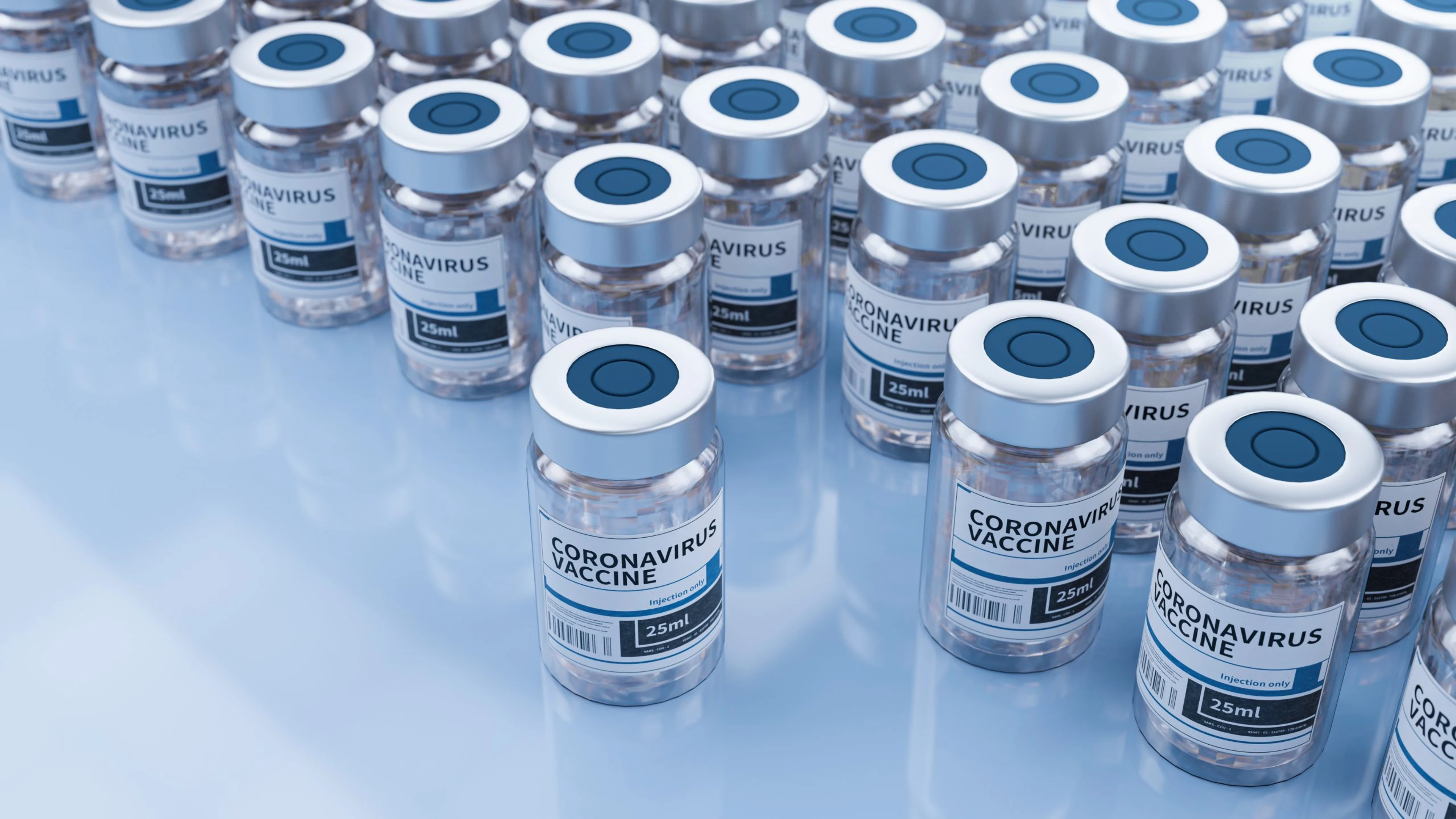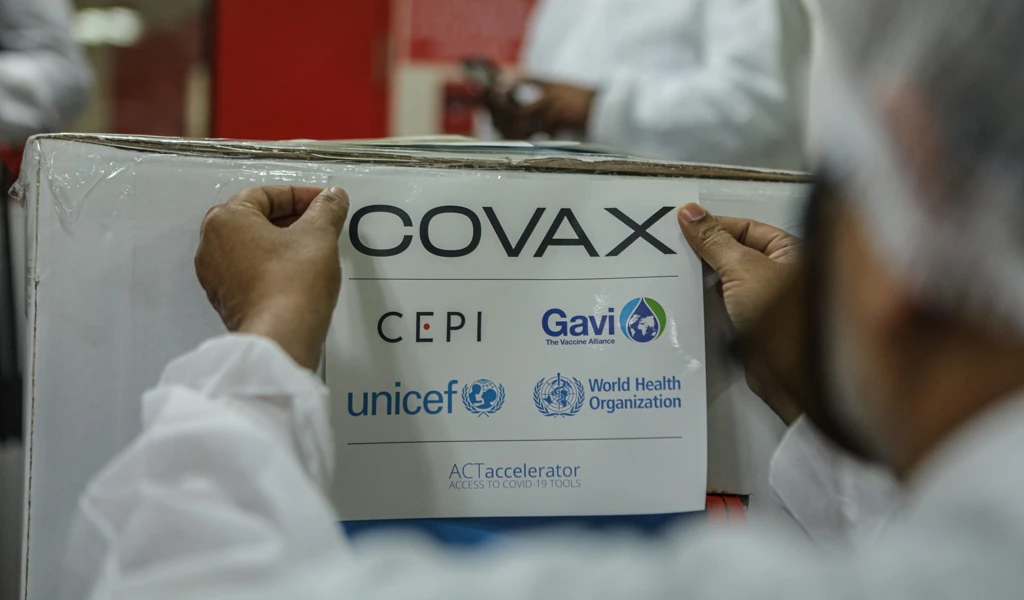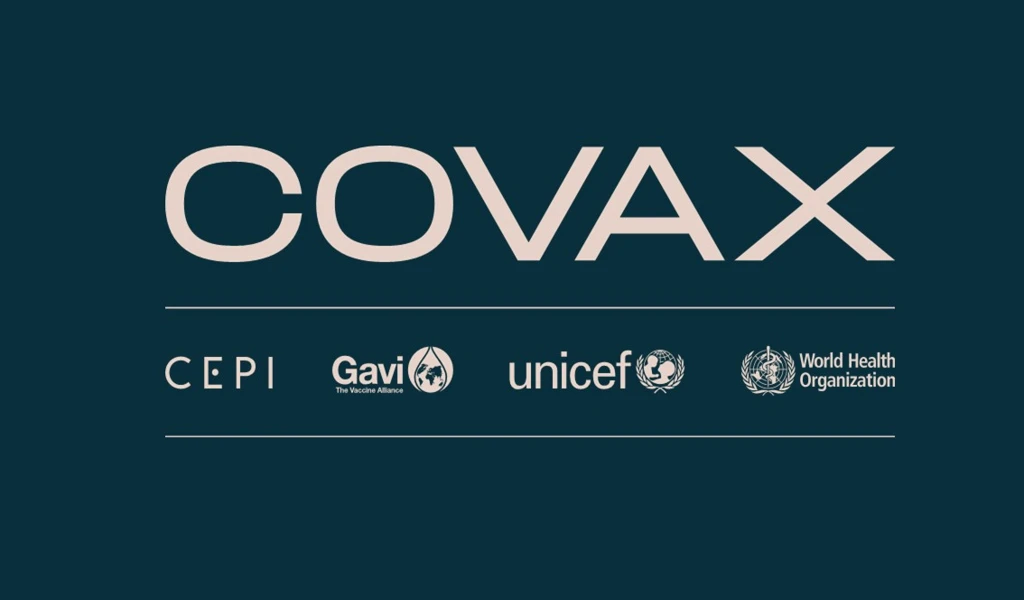COVAX Manufacturing Task Force to tackle vaccine supply challenges

Within less than a year, multiple COVID-19 vaccines have been developed and found to be safe and effective. This has been followed by a massive effort to scale-up manufacturing. These efforts are paying off, with production output set to exceed 10 billion COVID-19 vaccine doses by end of 2021. However, the extraordinary scale-up and scale-out of vaccine manufacturing is in jeopardy if bottlenecks in the supply of raw materials and trade barriers impacting the supply chain cannot be resolved swiftly—issues that were recently discussed by manufacturers, suppliers, and international organizations the Global COVID-19 Vaccine Supply Chain & Manufacturing Summit in March, 2021, hosted by Chatham House, COVAX, International Federation of Pharmaceutical Manufacturers and Associations (IFPMA), Developing Countries Vaccine Manufacturers' Network (DCVMN), and Biotechnology Innovation Organization (BIO).
To address these areas the "COVAX Manufacturing Task Force" has been established to identify and resolve issues impeding equitable access to vaccines through COVAX. The Task Force will be spearheaded by the co-leads of COVAX—the Coalition for Epidemic Preparedness Innovations (CEPI), WHO, Gavi, and UNICEF—which will work in partnership with the Bill & Melinda Gates Foundation, IFPMA, DCVMN, and BIO.
To advance the objectives of the Task Force, it will also seek to collaborate with additional partners, where necessary, such as specific industry and manufacturing supply partners, Governments, regional bodies like the African Union, European Commission, G7 and G20, and key institutions such as the Medicines Patent Pool, World Trade Organization, Pan American Health Organization, and Africa CDC.
Objectives of the Task Force
The Task Force will aim to urgently address shortages of raw materials and single-use materials (potentially ramping-up supply capacity) and expedite cross-border transit of these materials, vaccine components, and finished products. It will also seek to match up manufacturers who are experiencing specific shortages with those who might have the necessary supplies.
The Task Force will leverage the capabilities of the global vaccine community—from vaccine R&D stakeholders through to those working in the clinical development, manufacturing, and regulatory sectors—to address short-term, medium-term, and long-term COVID-19 vaccine manufacturing challenges and bottlenecks.
As part of this process, the Task Force will carefully consider how these objectives can be fulfilled while mitigating unintended impact on other vaccines and health products. The longer-term aim will be to help strengthen regional health security for the future.
Key actions
Short-term objectives
- Facilitating the establishment of global trade processes for free movement of single-use and raw materials, vaccine components, assay reagents, and skilled workforce required for vaccine manufacture by resolving the impact of import—export authorisations or bans and other cross-border trade-restrictions.
- Creating a voluntary partnership to improve visibility of the supply of manufacturing inputs.
- Identifying and voluntary matchmaking of Fill/Finish capacity between manufacturers across multiple regions.
- Utilising global vaccine capacity to support the work of vaccine development partners and to facilitate voluntary technology transfers between partnering manufacturers.
Medium-term to long-term objectives
- Support the establishment or upgrading of vaccine manufacturing facilities, particularly those in LMICs leveraging appropriate mechanisms and business processes.
- Stimulate public-sector and private-sector investments in vaccine manufacturing innovations (through CEPI) that can accelerate pandemic response and production of routine vaccines.
- Identify policy needs and build regulatory capabilities to improve manufacturing capacity in LMICs in compliance with global norms and standards.
- Coordinate development of sustainable and resilient regional supply chains across a global manufacturing ecosystem.
- Defining ways to upskill and enlarge the vaccine manufacturing workforce in key areas (e.g. chemistry, manufacturing & controls [CMC] and regulatory).


